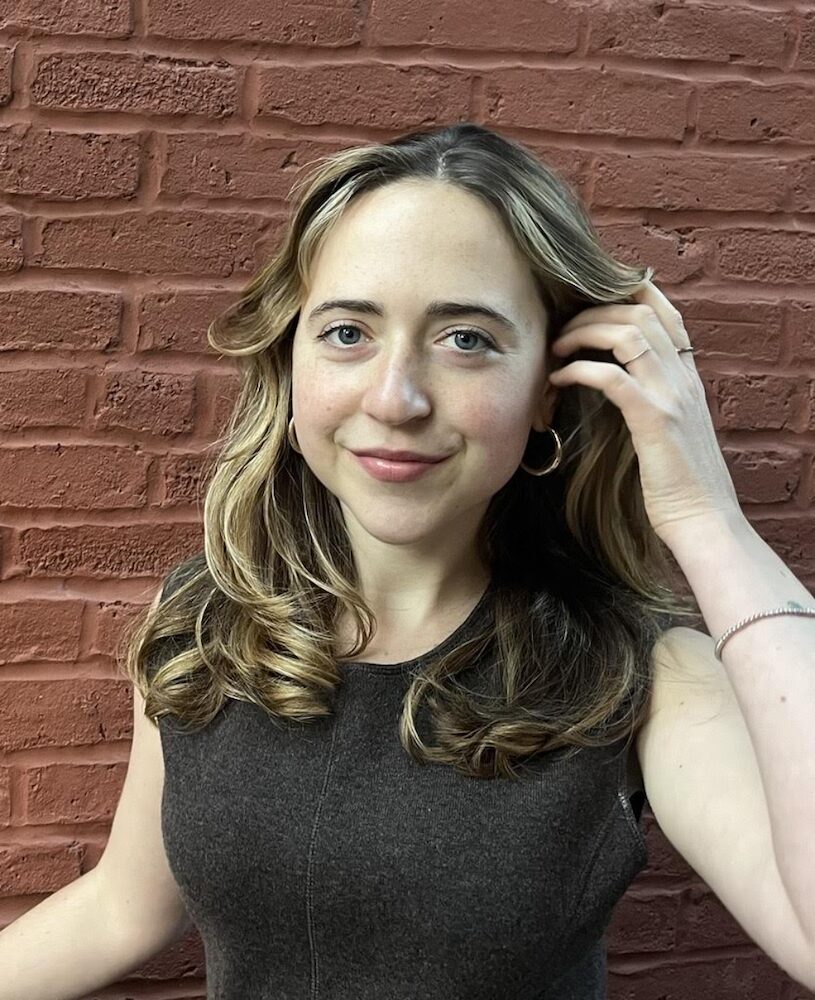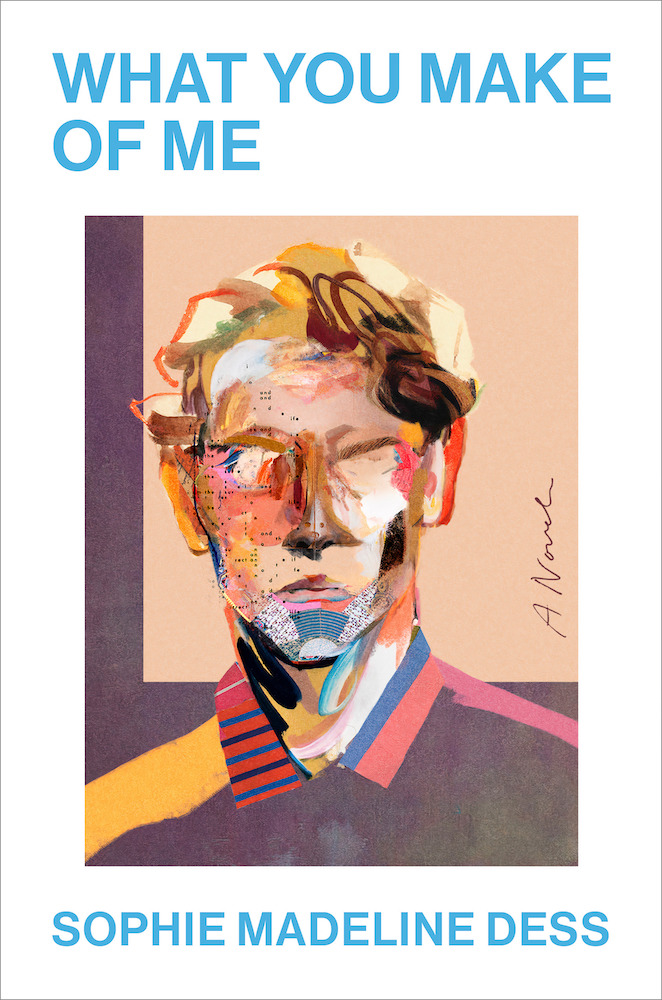Sophie Madeline Dess, who has written clever short stories and perceptive pieces on Cormac McCarthy, Eva Hesse, and many other things for many prestigious and worthwhile publications, has produced a novel about Ava and Demetri, a critic and an artist. They are brother and sister, unusually close, with fates entirely entwined. That was a good idea. What remains of our creative class should inventory itself while it still can.
The siblings grow up playful and strange together, in a single-parent household, and in adulthood become stranger yet. They become a team: Ava makes things and Demetri writes about them. Demetri is fussily articulate, conversant with the language of high culture, believes a great many things, and has a hard time admitting anything he hasn’t found a way to talk about; Ava is undereducated, intuitive, hungry, and sure of herself. They frequently disagree: Her impressions are always more sensitive than his desire to decide and divide. She, thank God, is the narrator.
Dess’ writing style (and therefore Ava’s) is simple in a way that one might blame on Hemingway’s funnier descendants (the Vonnegut of Breakfast of Champions comes to mind), well-curated, and capable of subtle insight: “He writes with a frivolous person’s ferocity.” What really makes the novel spark, however, is the constant juxtaposition of two ways of looking at the world. Demetri makes a film about the two of them that Ava will not watch, and Ava writes the book: “I’m thinking: If I were to tell you I was painting your portrait so that I’d capture everything you are and everything you’ve ever been—just by looking at you for hours at a time—you would be excited, you would be eager to see where I took it. But if I were to tell you I was writing the story of your life, using hard facts and descriptions, you might feel trapped.”
Dess also has a keen ear for art-writing bullshit: “I’d been written about and reviewed (I’d been called a ‘force’ but it was still ‘unclear’ if I was worth being reckoned with; I’d been called ‘powerful’ but they didn’t know if the watercolor of me being railed from behind was ‘liberative’ for women or if it only ‘reaffirmed submission’).”
Critics puzzle over a series she makes about potatoes: some think them “haughty,” while others decide she’s an “eco-artist” who “knows the soil.”

Author Sophie Madeline Dess.
In a novel like this, it is also relevant that Dess has a keen ear for what cannot be said in words—despite many descriptions of artworks, we never get the feeling that the author is imagining or picturing an artwork whose relevance to the reader is locked away in her imagination or memory.
Ava’s sketchily described oeuvre is a fascinating contrivance, preposterously disparate, including oil paintings using sponges and a toothbrush, “wrinkled faces out of superfine copper wires,” dry egg tempera on bedsheets, café sketches, photorealism, abstractions, hair sculptures, and a variety of series that introduce whatever theme the story demands. This is what’s good about Ava: her unrealism, her ability to represent the Artist not as it exists but as a point of view. An avid woman who cannot stop simply seeing and reacting to what she sees contrasted with a man who needs to describe boundaries—”He sits on the linoleum chair across from me, sweating from the spices, and announces: ‘At certain dates in life you are to do certain things with your life.’”
The technicalities of how a career in art works aren’t Dess’ strong suit—Ava does seem to get an awful lot written about her for someone who’s never had a solo show, for instance—but these characters aren’t made for that kind of exploration. They’re made to talk about how we talk about the world—Ava and Demetri’s desires have the abstract, privileged whimsy of women in French New Wave films: “I’m realizing I don’t want Demetri to find out because I don’t want to be forced to test the limits of his understanding. And I don’t want Demetri to find out because I don’t want my extremely pragmatic and deliberate way of getting people to desire me revealed. I also don’t want Demetri to find out because I do not want this, of all things, to be what gives him strength and rescues him out of his recent strangeness.”
Practicalities arrange themselves around the duo with little talk of money, compromise, power relationships or interference from outside forces—Demetri goes to college, Ava effortlessly accompanies him and effortlessly hides in his room, and as life continues, places to live, patrons, lovers, and food on the table come and go as casually as Ava’s various creative moods.
There’s nothing wrong with this per se: It provides the characters with some interesting dialogue, but it makes them rather lackluster as plot engines. It is well within an author’s rights to make Ava primarily concerned in some way about the definition of herself, her brother, and the space in between, and not, say, about eating, sex, making money, the state of the world, or even making art, but since we have no better idea than she what understanding herself and her brother would require, the author chases herself down many blind alleys getting us to try to want it with her. We turn the page hoping for another witticism or observation, not because we are interested in the questions that they (or the author) appear to be.
This only becomes a serious problem in the second half—once the world-building is done and the siblings have to undergo character development. Events tumble in: they fuck the same person, Demetri is dying, their father feels guilty about their mother’s suicide and, generally, these two walking POVs try to become human. It doesn’t quite take. It ends with a baby—like cozy romances and mid-century realist novels often do—and I think this is supposed to be hopeful or at least relevant, but it’s unclear why it’s necessary. There is a tragic novel about family and pain hiding under this witty novel of manners and ideas, perhaps worse but more personal, but I would like to see the two siblings separated and watch each breathe on their own. Sophie Madeline Dess has both time and talent, so I’m not worrying yet.


